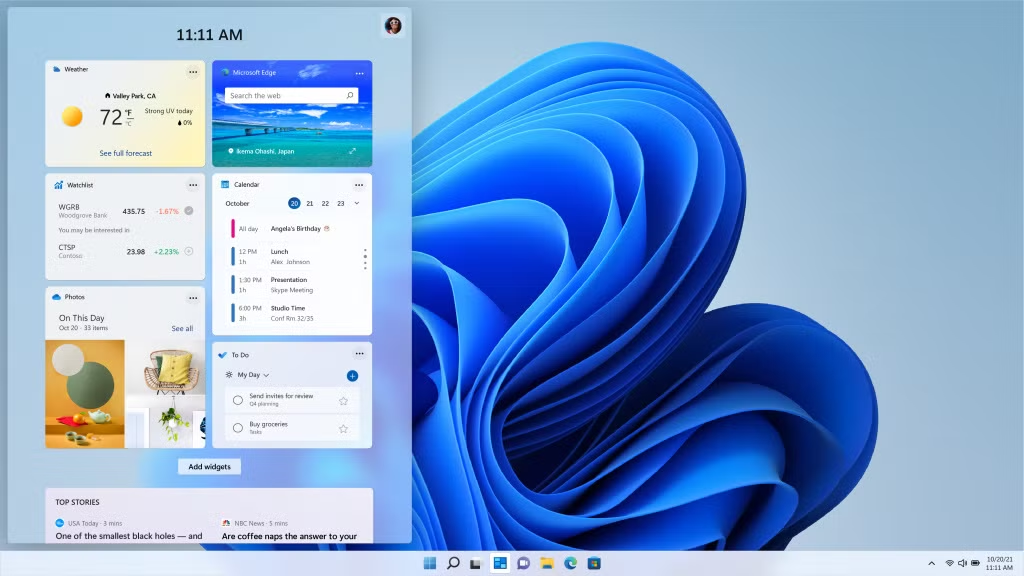For those of us who have been around the tech world for a while, the memory is still vivid: walking into a store and seeing a copy of Windows in a physical box, complete with a hefty price tag that could run into hundreds of dollars. The operating system itself was one of Microsoft's crown jewels, a primary source of revenue.
Today, that world feels like ancient history. Most of us now get Windows for free, either as an upgrade or pre-installed on a new PC. But have you ever stopped to ask why? How did one of the most valuable software products in history become, for all intents and purposes, free?
A fascinating insight into this strategic shift comes from a true Windows legend: Dave Plummer, a former Microsoft engineer and the original creator of one of our all-time favorite tools, the Windows Task Manager. Drawing on his insider experience, Plummer explains that Windows isn't free out of kindness; it's free because it's become something far more valuable to Microsoft than just a piece of software to sell.
Who is Dave Plummer? (And Why You Should Listen)
To understand the weight of this analysis, you need to know who it's coming from. Dave Plummer is a veteran Microsoft engineer who worked on everything from MS-DOS to Windows XP. He's the mind behind Task Manager, the Space Cadet Pinball port, adding Zip file support to Windows, and countless other features that have shaped our computing lives. When he pulls back the curtain on Microsoft's strategy, it's worth paying attention.
Windows as the Product
In the 90s and 2000s, Microsoft's business model was simple: they built an operating system, and you bought it. Each new version—Windows 98, XP, Vista, 7—was a major product release with a corresponding price tag for upgrades or new licenses. The OS was the product.
Windows as the Gateway
According to Plummer's analysis, a perfect storm in the early 2010s forced a radical change. The failure of Windows 8, declining PC sales, and the rise of “free” operating systems from Apple (macOS) and Google (Android) meant the old model was no longer sustainable.
With the launch of Windows 10, Microsoft made a groundbreaking decision: the OS would now be a free upgrade. This wasn't because Windows had lost its value. It was because its value had changed. Windows was no longer the end product; it became the gateway to Microsoft's entire ecosystem.
Plummer explains that by getting Windows onto as many devices as possible for free, Microsoft gained something far more valuable in the modern tech economy:
- A Platform for Services: Windows is now the stage on which Microsoft sells its real money-makers. Every Windows installation is an opportunity to sell you a Microsoft 365 subscription, a Game Pass membership for your PC, or OneDrive cloud storage.
- A Funnel to Azure: For businesses, a workforce comfortable with Windows is more likely to adopt Microsoft's incredibly profitable cloud computing platform, Azure.
- Vast Data and Telemetry: Windows 10 and 11 were built from the ground up to send extensive telemetry data back to Microsoft. While this helps fix bugs, it also provides invaluable insight into user behavior that helps shape future products and, importantly, powers services like Bing and the AI-driven Copilot.
- Built-in Advertising: The OS itself is now a marketing tool. “Suggested apps” in the Start Menu and pop-ups nudging you to use Microsoft Edge or Bing are direct results of this new model.
The True Price of ‘Free'
Dave Plummer's insight brilliantly demystifies Microsoft's modern strategy. It's a testament to a successful business pivot that has kept the company at the center of the tech universe. But for us as users, it's a critical lesson in understanding the trade-offs of the “free” economy.
The Good: We get a powerful, secure, and constantly evolving operating system without having to pay a hefty license fee every few years. This has made computing more accessible to everyone, from students in Angola to businesses in Australia.
The Trade-Off: The operating system is no longer a neutral tool built solely for our benefit. It is also an active participant in an ecosystem designed to sell us services and gather our data. As Plummer himself puts it, Windows can sometimes feel like “a tool that's a bit of an adversary that helps monetize me just a little too often for my tastes.”
Plummer’s analysis isn’t a complaint; it’s a clear-eyed explanation. But for us geeks, it’s a crucial reminder that in tech, nothing is ever truly free. When the product itself costs nothing, it’s worth asking what role we play in the business model.



